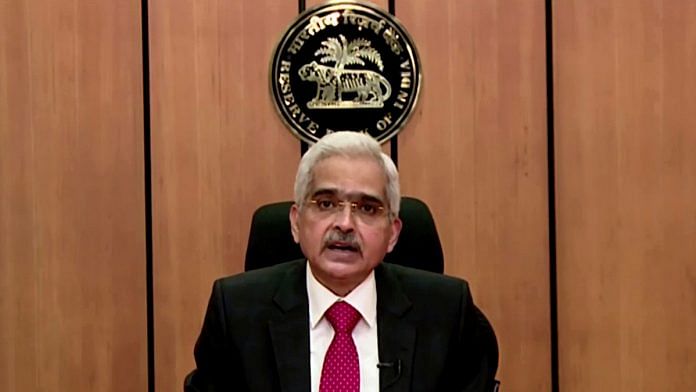
Mumbai: India’s central bank governor cautioned against a possible change to the country’s inflation target mechanism, saying that it would dilute its effectiveness toward setting monetary policy.
The RBI, which cut interest rates by 115 basis points this year to boost credit demand in the economy, has been on pause for the past three meetings as inflation has stayed well above the central bank’s 2%-6% target range.
“If you make the band too wide, then targeting loses its meaning,” Governor Shaktikanta Das said in an interview to the Economic Times newspaper.
Das’s comments come as the government considers a looser inflation target for the central bank, allowing it to focus more on economic growth despite stubbornly high consumer prices. The current inflation targeting mandate was set in 2016, and the band — a broad range of 400 basis points within which the central bank has sanction to operate — is already the widest in Asia.
Gains in consumer prices have mainly been driven by higher food prices and broken supply chains. Data due to later Monday will probably show inflation came in at 7.2% in November.
Stubbornly high consumer price inflation has also prompted calls from economists for the central bank to move away from targeting the headline inflation measure.
“The law says at least once in five years the government will notify the inflation target, it doesn’t provide for review of the framework,” Das told the newspaper.
Earlier, Das had said that a final call on what measure to target rests with the government and the Parliament, although he doesn’t see a situation where they will stop tracking CPI.- Bloomberg
Subscribe to our channels on YouTube & Telegram
Why news media is in crisis & How you can fix it
India needs free, fair, non-hyphenated and questioning journalism even more as it faces multiple crises.
But the news media is in a crisis of its own. There have been brutal layoffs and pay-cuts. The best of journalism is shrinking, yielding to crude prime-time spectacle.
ThePrint has the finest young reporters, columnists and editors working for it. Sustaining journalism of this quality needs smart and thinking people like you to pay for it. Whether you live in India or overseas, you can do it here.